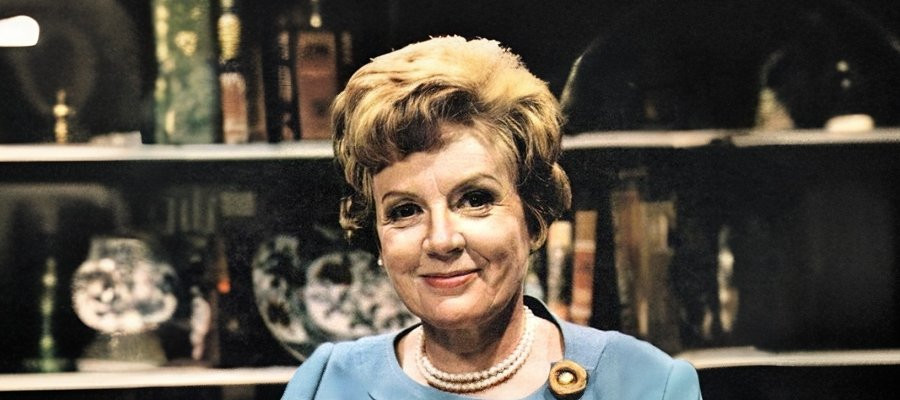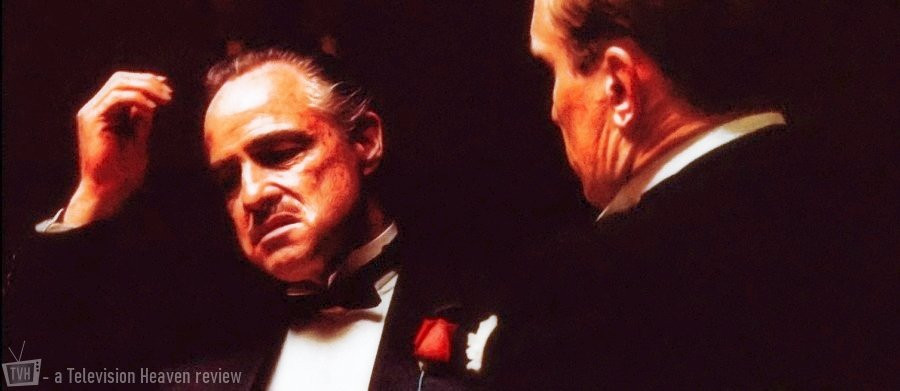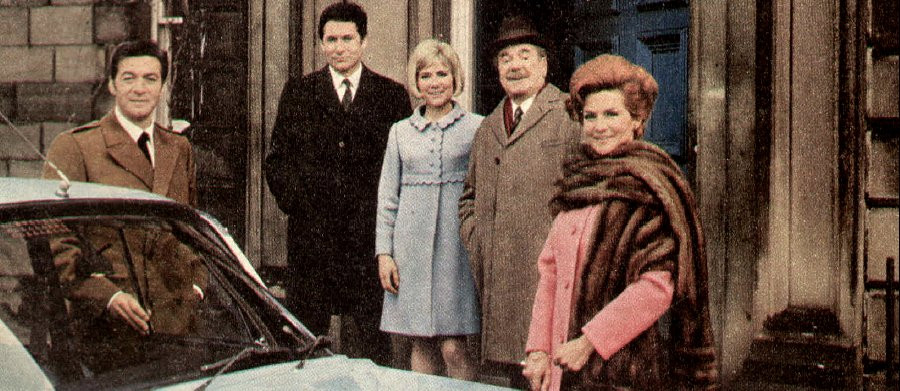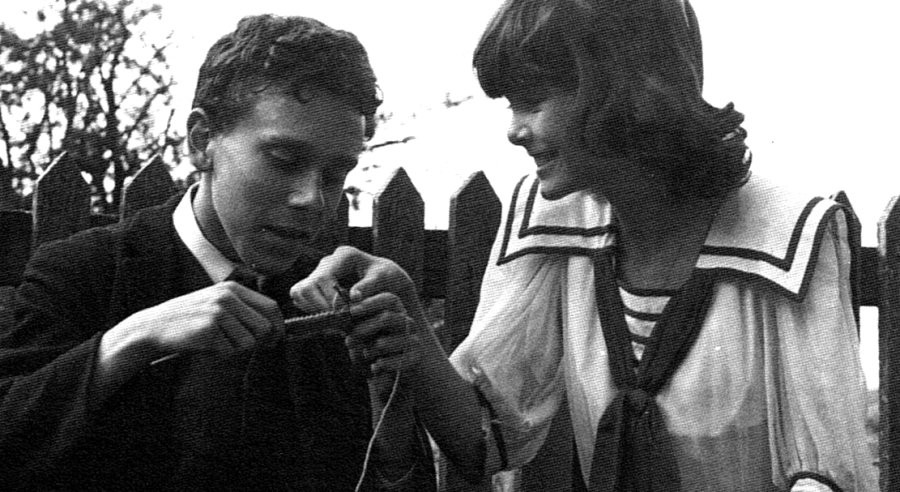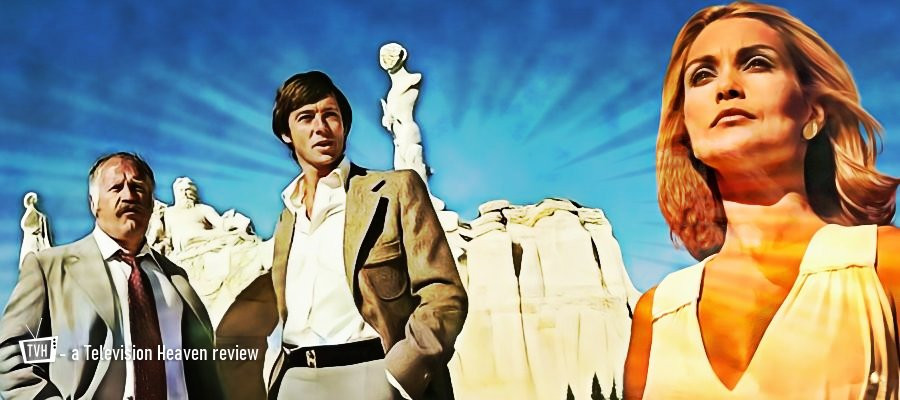
Who Pays the Ferryman?
1977 - United KingdomWho Pays the Ferryman? stands as a compelling, haunting television drama that captured the imaginations of viewers in 1977 and has retained a loyal following ever since. Written by Michael J. Bird, this eight-part BBC series masterfully blends personal drama with cultural tension, set against the timeless and evocative backdrop of Crete.
At its heart, Ferryman is a story of return, reckoning, and revelation. British ex-serviceman Alan Haldane (Jack Hedley), returning to Crete three decades after fighting alongside the local resistance during World War II, finds that the island, and his past, have not forgotten him. The discovery that he fathered a child during the war sets off a chain of events that feels as ancient and inevitable as the Greek tragedies it echoes. His presence on the island, far from being welcomed, stirs a deep and dangerous undercurrent of resentment, betrayal, and long-held vendettas.
Bird’s script draws richly on the complexities of Cretan society, where old values, customs, and blood feuds clash with the slowly encroaching forces of modernity. He explores the theme of undisclosed parentage, a motif he would return to in later works, with emotional precision and cultural sensitivity. The series’ portrayal of an old woman’s vendetta is both gripping and tragic, lending the drama a mythic quality that elevates it far beyond a standard personal melodrama.
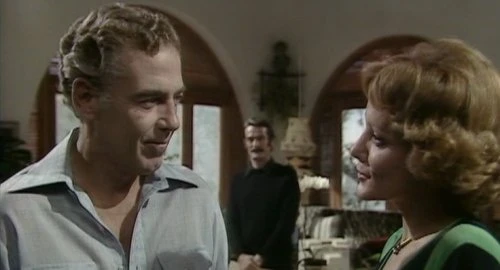
Although not officially a sequel, Who Pays the Ferryman? shares much with Bird’s earlier success, The Lotus Eaters. Both are set in the same part of Crete and both probe the psychological terrain of outsiders trying to assimilate into Greek island life. Stefan Gryff reprises his role as the local police chief, providing a subtle thread of continuity. In a similar style to The Lotus Eaters, the series occasionally veers off the main storyline to offer standalone narrative diversions, a structural choice that may frustrate some but adds richness and texture to the world Bird has built.
The production itself was not without challenges. Director William Slater reportedly struggled to juggle his dual role as director and producer, and a back injury during filming further complicated matters. Yet none of this friction is visible in the finished product. The series is tightly edited, beautifully shot, and emotionally resonant. Much credit goes to the dedication of the crew and the steady influence of Michael J. Bird, whose intense research and immersion in Cretan culture lend the show its rare authenticity.
Perhaps most unforgettable is the series' music. Composed by Yannis Markopoulos, the score became a phenomenon in its own right, making the UK Top 10 twice and continuing to resonate with fans decades later. The mournful, evocative theme captures the tone of the series perfectly; beautiful, nostalgic, but tinged with an inescapable sense of fate.
Who Pays the Ferryman? remains Michael J. Bird’s most commercially successful and culturally enduring creation. It spawned a novelisation, soundtrack releases, and multiple international DVD editions. More importantly, it tapped into something timeless: the deep and often painful ties between past and present, between duty and desire, between the land we leave and the one we can never truly escape.
In the end, Ferryman is more than just a television drama. It’s a meditation on memory, identity, and consequence, rooted in one man’s journey, yet universal in its impact.
Seen this show? How do you rate it?
Seen this show? How do you rate it?
Published on February 12th, 2019. Written by Percival Wexley-Smith (2025) for Television Heaven.


